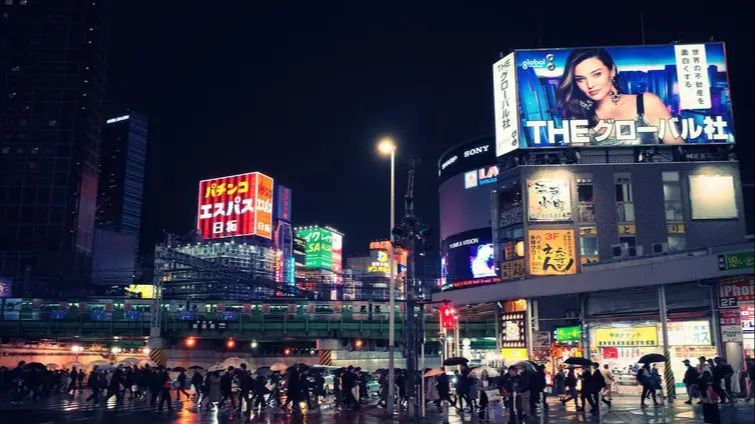The 2016 Rio Olympics' "Tokyo 8 Minutes" amazed the world. The director creatively used classic Japanese architecture and famous landmarks as sports equipment, perfectly blending sports and scenery, making it an alternative "Tokyo tourism promotional video." The video featured iconic Tokyo sights such as Shibuya, Mount Fuji, Tokyo Tower, Skytree, Senso-ji Temple, Kiyomizu Bridge, Tokyo Station, and Kabukiza.
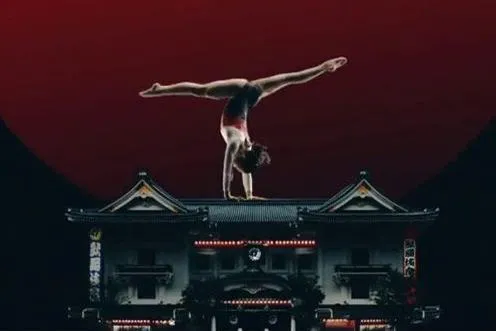
Images of various athletes were interspersed with cartoon game characters like Doraemon, Tsubasa Ozora, Hello Kitty, Super Mario, and Pac-Man, exciting fans of the second dimension. The "Tokyo Show" performance was filled with a sense of technology, especially the use of ACG and AR technology (augmented reality), showcasing a vibrant and futuristic metropolis Tokyo, while perfectly conveying the cultural export concept of "COOL JAPAN" over the years.
With such a brilliant precedent, the opening ceremony of the Tokyo Olympics seemed somewhat disappointing. The 19 pieces of music played during the entrance ceremony were familiar works to gamers, igniting memories of the past for players and evoking emotions through resonance. However, for non-gamers, it was confusing and lacked spiritual connection.
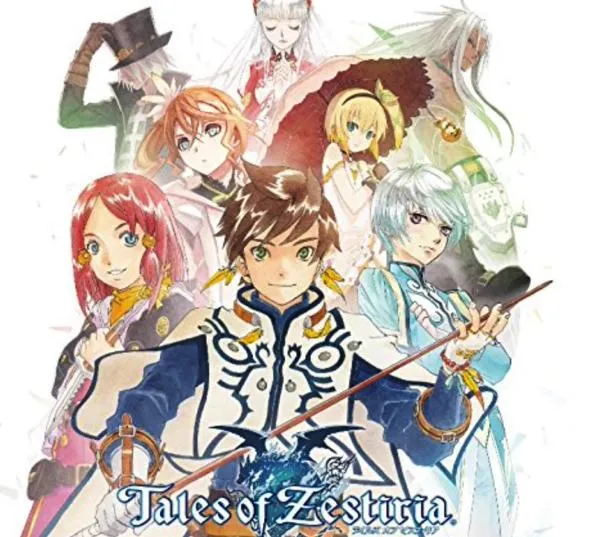
The background music was a medley of game songs from the following works:
"Dragon Quest" - "Prologue: Theme of Loto"
"Final Fantasy" - "Victory Fanfare"
"Tales Series" - "Theme of Sorey - The Shepherd"
"Monster Hunter" - "Proof of a Hero"
"Kingdom Hearts" - "Olympus Coliseum"
"Chrono Trigger" - "Theme of Frog"
"Ace Combat" - "First Flight"
"Tales Series" - "Capital - Majestic"
"Monster Hunter" - "The Wind of Departure"
"Chrono Trigger" - "Theme of Robo"
"Sonic" - "Star Light Zone"
"Pro Evolution Soccer" - "eFootball walk-on theme"
"Final Fantasy" - "MAIN THEME"
"Phantasy Star: Universe" - "Guardians"
"Kingdom Hearts" - "Hero's Fanfare"
"Space Cruiser" - "01 ACT 1-1"
"NieR" - "Ancient Song"
"SaGa Series" - "Demon World Ballad - SaGa Series Medley 2016"
"Soulcalibur" - "The Brave New Stage of History"
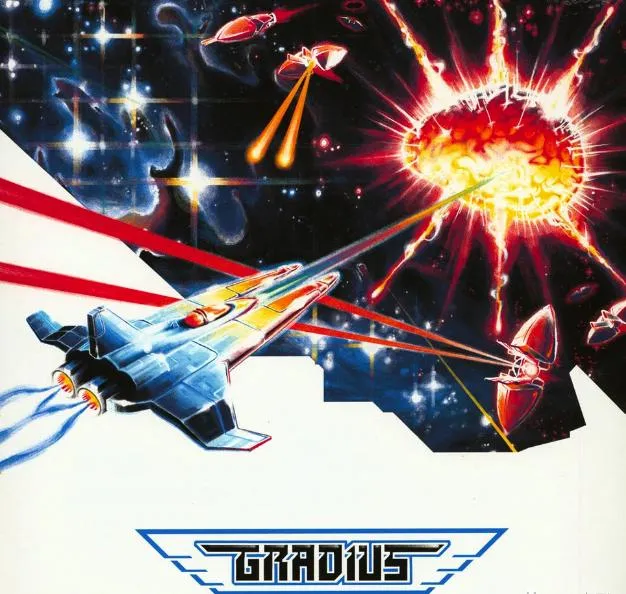
The "01 ACT 1-1" from the game "Space Cruiser" is the BGM from the first level of the original series, composed by musician Saito Neko. Saito Neko, whose real name is Ken Saito, is a violinist, conductor, arranger, and composer, and he has collaborated multiple times with Japanese female musician Shiina Ringo.
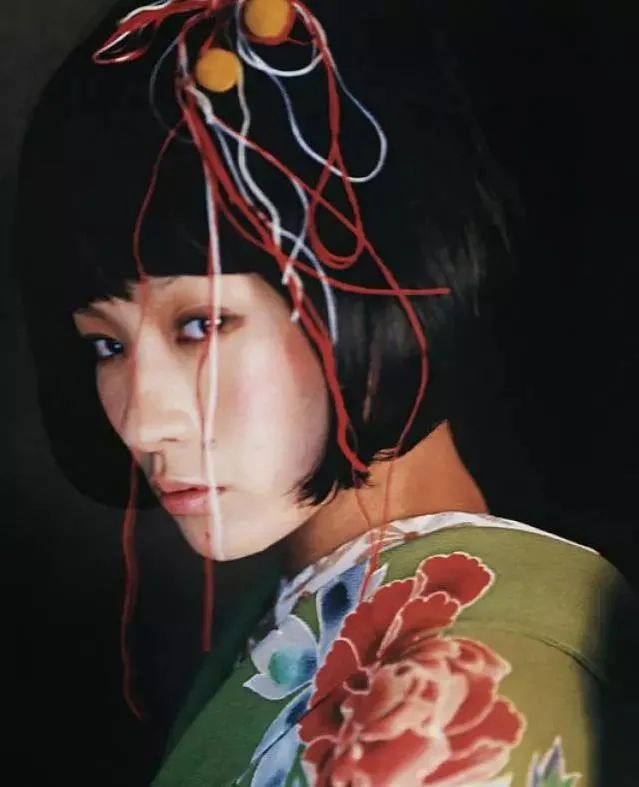
Famous singer Shiina Ringo served as the music director for the "Tokyo 8 Minutes" segment at the closing ceremony of the 2016 Rio Olympics. During these 8 minutes, she contributed two of her songs, "Chichin Pui Pui" from the album "Hinata" and "The Scenery Outside the Telescope" from the album "Reverse Input - Port Bureau."
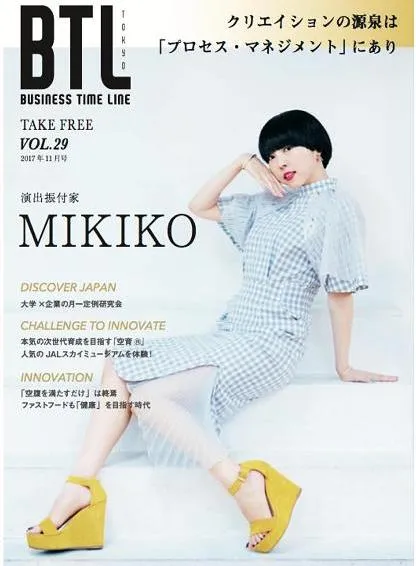
MIKIKO is a renowned choreographer in Japan. She is one of the main creative team members of the famous electronic music group Perfume, and their works are well-suited to showcase Japanese anime culture.
The rush and blandness of the opening ceremony were somewhat unexpected, stemming from the change in the creative team, which was quite tumultuous. The relevant person in charge exhibited gender discrimination, leading to the failure of good ideas. Initially, Shiina Ringo and MIKIKO wanted to continue the characteristics of the "Tokyo Show," featuring Akira as the main character, creating imagery of "destroyed old Tokyo" and "new Tokyo," still using popular elements like technology, industry, video games, and anime to showcase "modernity." However, the overly imaginative ideas of Nomura Mansai were rejected; Sasaki Hiroshi and former Tokyo Organizing Committee chairman Mori Yoshirō pressured the creative team’s women, forcing Shiina Ringo and MIKIKO to withdraw, along with Sasaki Hiroshi's humiliation of Watanabe Naomi, causing the originally anime-inspired ideas to be shelved.
Keigo Oyamada, who replaced Shiina Ringo, faced backlash due to a past incident of bullying a disabled person in high school. Kentarō Kobayashi, who took over from Sasaki Hiroshi, was revealed to have made jokes about the Holocaust, leading to his dismissal the day before the opening ceremony. The interim music director, Tomoyuki Tanaka, spent 4 hours making revisions. It was precisely because the originally scheduled composer for the opening ceremony was dismissed, and the required songs could not be newly composed, that some famous game music was temporarily looped. Consequently, the overall effect of the program bore signs of being pieced together, which was inevitable.
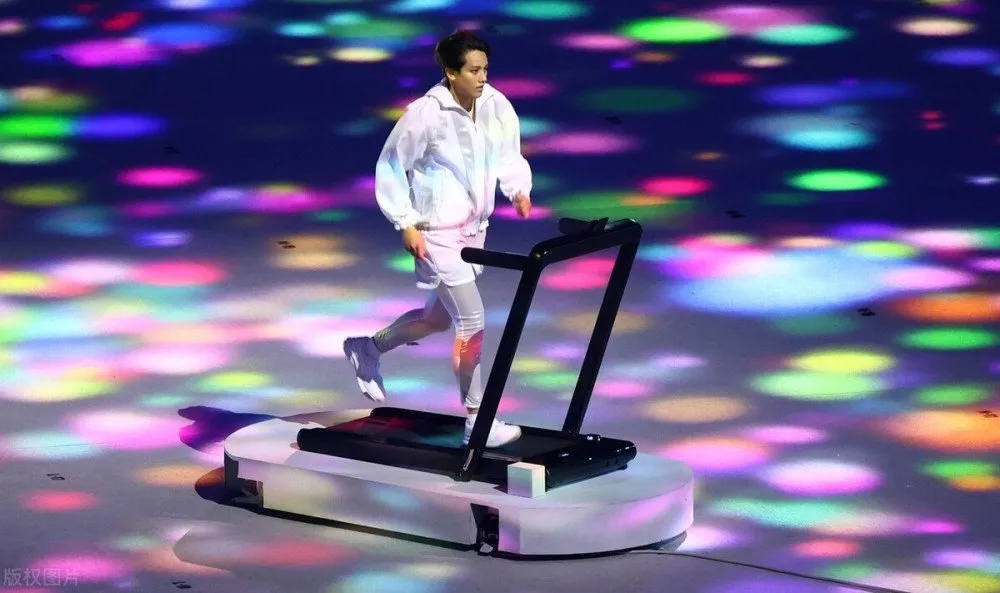
The athlete running is named Yuzuki Tsudata, a middleweight boxer and also a nurse who treated many patients during the pandemic.
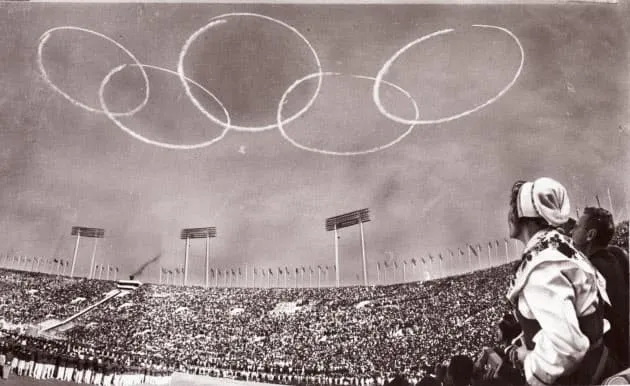
At the 18th Tokyo Olympics in 1964, 8,000 white doves soared under the blue sky, and five planes circled in the air, using blue smoke to draw the Olympic rings.
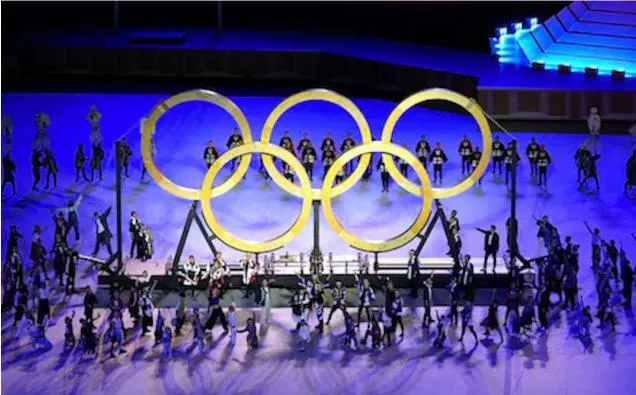
The carpenters at the Olympics pulled up the wooden Olympic rings with ropes.
The labor song "Mikiyaki Uta" performed by the "Edo Firefighting Memorial Association" features the rhythmic sounds of hammers and saws from carpenters during the Edo period as they crafted wooden structures, pulling up the wooden Olympic rings with ropes. The wood for the Olympic rings was brought by athletes from various countries during the 1964 Tokyo Olympics, grown into a plantation, and later cut down for use, some of which were also used in the construction of venues, embodying the concepts of "inheritance" and "perpetuity." This aligns with Kengo Kuma's design of the main venue, the "New National Stadium," which is constructed from wood sourced from all 47 prefectures of Japan, reflecting the traditional concept of using wood as a building material and the characteristics of low-carbon and environmentally friendly design. After entering the 21st century, Japan's architecture has moved away from concrete, embracing a post-industrial environmental thinking that is friendly to nature and green, reflecting and complementing each other.
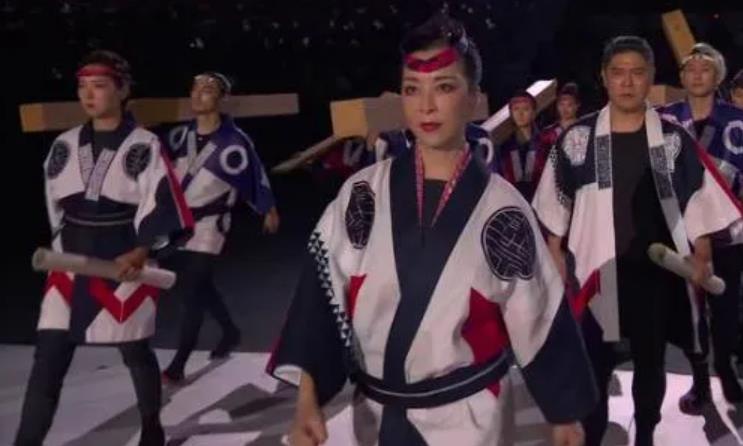
The Edo carpentry performance was led by Miki Maya, who was once the TOP of the Takarazuka Flower Group.
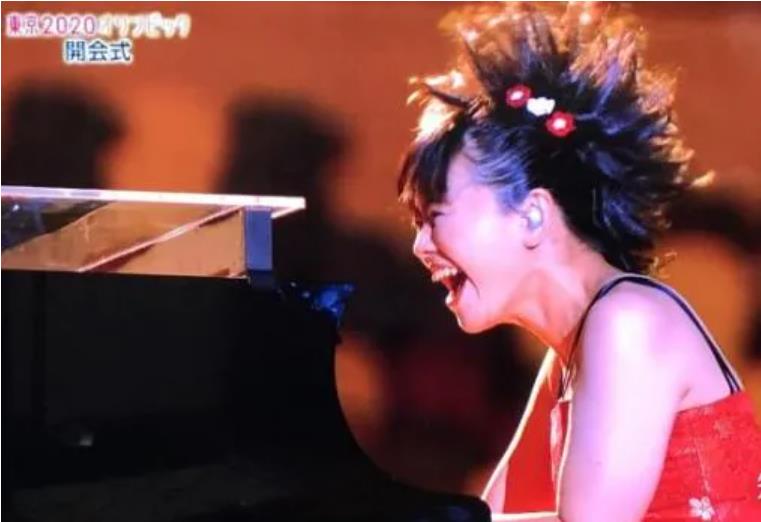
Jazz pianist Hiromi Uehara.

Kabuki actor Ichikawa Ebizō and jazz pianist Hiromi Uehara performed together; this combination did not achieve the expected effect. Ichikawa Ebizō is a national treasure-level Kabuki actor in Japan, and Kabuki is a non-material cultural heritage of Japan with a history of 400 years, similar to the national essence of "Peking Opera." "Shibaraku" is one of the 18 selected Kabuki plays of the Ichikawa school, aimed at sparking young people's interest in Kabuki. Ebizō strives to integrate modern elements into Kabuki, promoting traditional Japanese art in a way that is more acceptable to modern audiences, and has led the combination of Kabuki with contemporary drama, anime, and other elements.
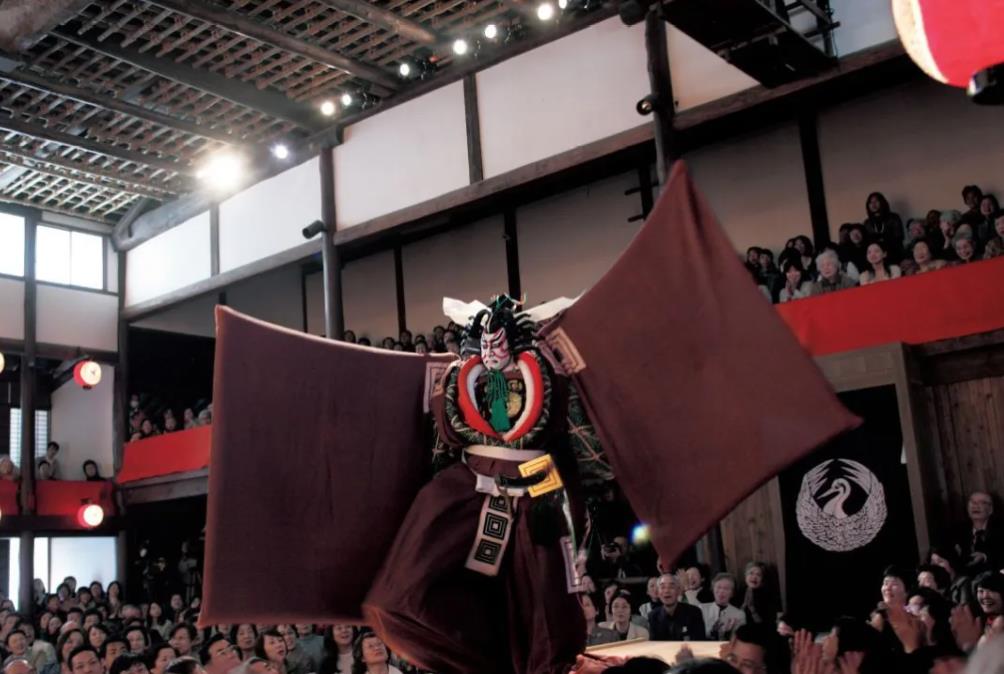
Ebizō plays Kamakura Gengorō Kage-masa in the Kabuki play "Shibaraku."
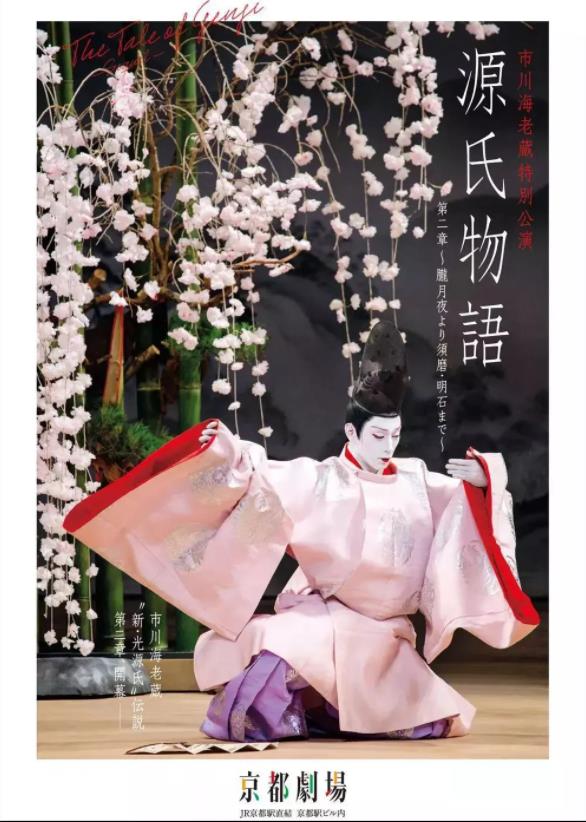
Ichikawa Ebizō portrays Hikaru Genji from "The Tale of Genji" in a poster.
Chinese netizens mocked his appearance, which is known as "Sumitori" in Kabuki makeup, similar to Peking Opera face painting. "Shibaraku" generally tells the story of the Oshu warlord Kiyohara Takehira capturing several innocent men and women, including the opposition Kamo Jiro Yoshitsune. Kiyohara Takehira orders his retainers to execute them, but the warrior Kamakura Gengorō Kage-masa steps forward and loudly declares, "Shibaraku!" (Wait a moment!). This is a story of punishing evil and promoting good, where the protagonist Kamakura Gengorō appears with great heroism, rescuing the innocents from the warlord.
Japan's push for traditional culture through the Olympics is understandable; Ebizō's costume, including a wig and props weighing about 60 kilograms, is quite burdensome, but its content has no relation to the Olympic spirit. Although Hiromi Uehara is an internationally renowned jazz pianist whose album with two American bands won a Grammy Award, her vibrant and quirky performance clashed with the slow presentation of Kabuki, making the intended expression of "tradition and modernity," "local and international" seem particularly forced. The combination of "Mikiyaki Uta" with tap dance also reflects this issue, but the latter had some resonance in its scale, making it less "forced."
